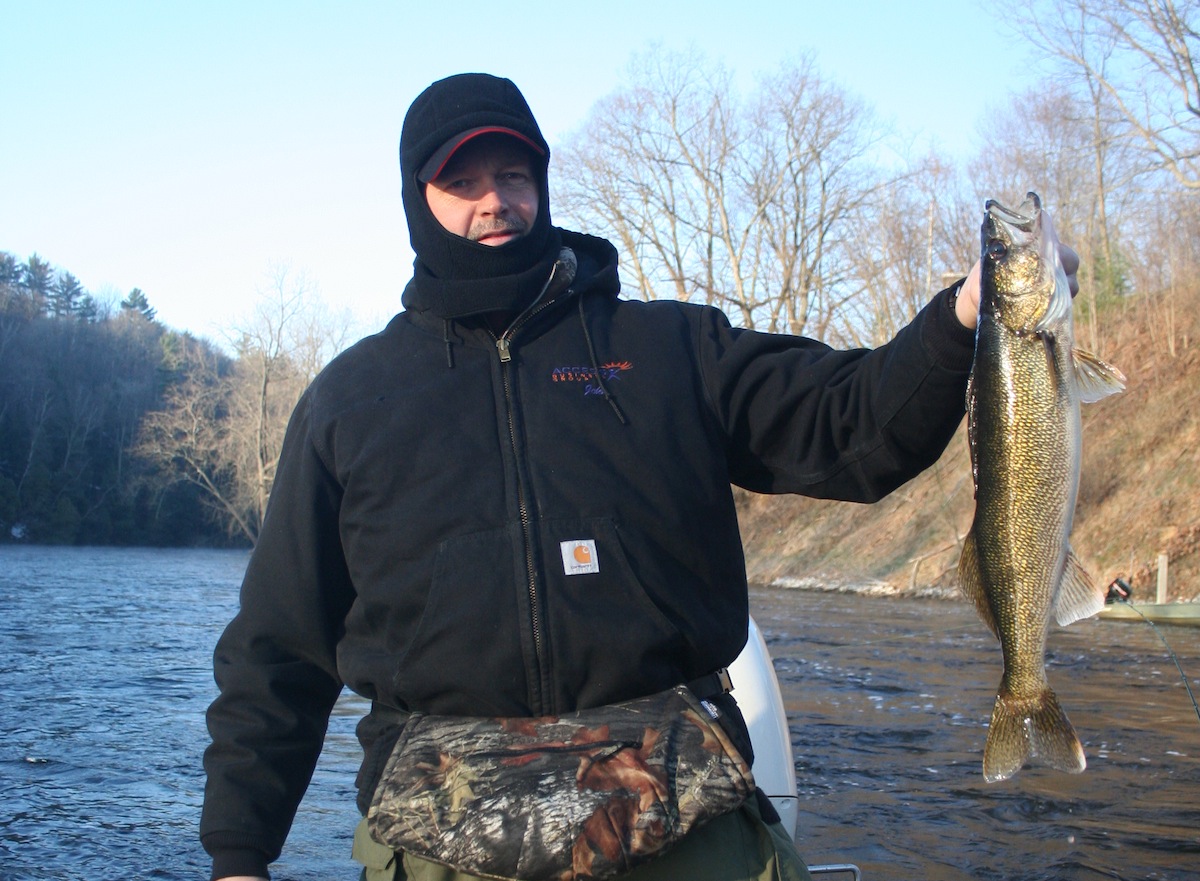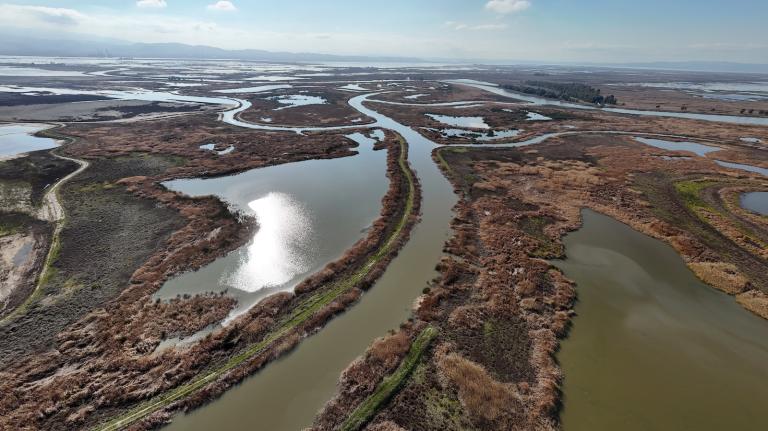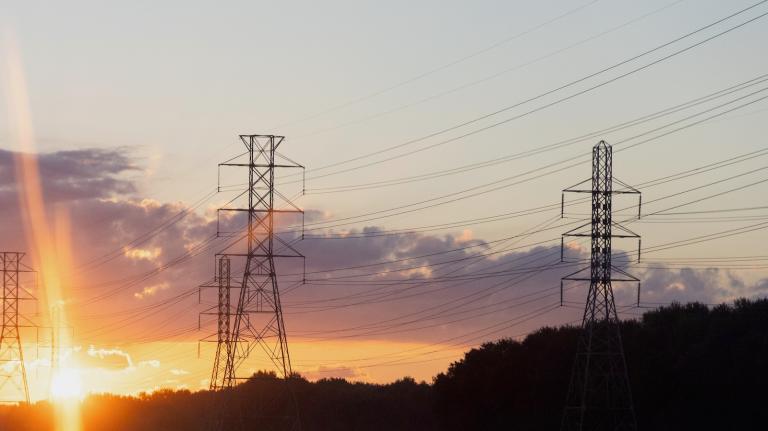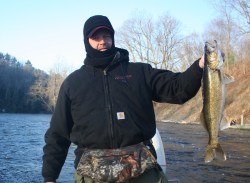
Aaron KamphuisHe caught a walleye.
If you are a warm-water-loving fish looking for a Great Lake in which to swim, Lake Superior is traditionally not your best option. It’s the northernmost of the five lakes, stretching far into Ontario, and it’s especially deep and often covered with ice. Its frigid waters have traditionally been too cold for balmy swimmers like the walleye.
But, hey, it’s a fast-changing world — Lake Superior included.
The Daily Climate reports that water temperatures in the lake have risen by about 5 degrees F since the 1970s; ice cover has fallen by a half during the same period. And that’s bringing the walleye within reach of the lake’s anglers.
Just one out of every 500 charter fishing boat excursions landed a walleye in 1998; now the average such expedition nets seven. Because the waters can now sustain the popular species, the lake is being stocked with them. From the article:
Long dedicated to the trout that sustain its commercial fishing, the Keweenaw Bay Indian Community started rearing fish that historically couldn’t survive in much of frigid Lake Superior.
“We started raising walleye at the hatchery in 2005,” said Evelyn Ravindran, a natural resource specialist with the tribe. “We see them more and more.”
Commercial fishing has been a steady staple for the tribe over the past few decades. Walleye is a highly sought fish in the lower Great Lakes. And so the tribe, sensing a business opportunity, added that fish to its hatchery.
Of course, the news can’t all be rosy when an ancient ecosystem gets suddenly superheated. Warm waters also bring more sea lampreys with them — invasive jawless fish that resemble eels and attach their mouths to passing trout and other fish, sucking them dry of their blood.
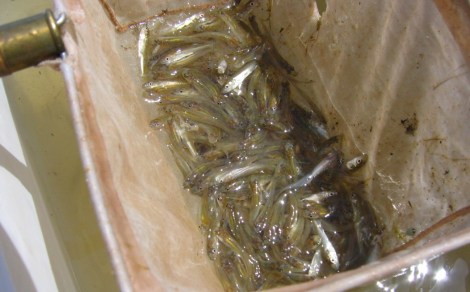
USDAWalleye fingerlings destined for Lake Superior.
Lampreys are hideous and slimy, but people used to like them in pies. Bonus business opportunity?

